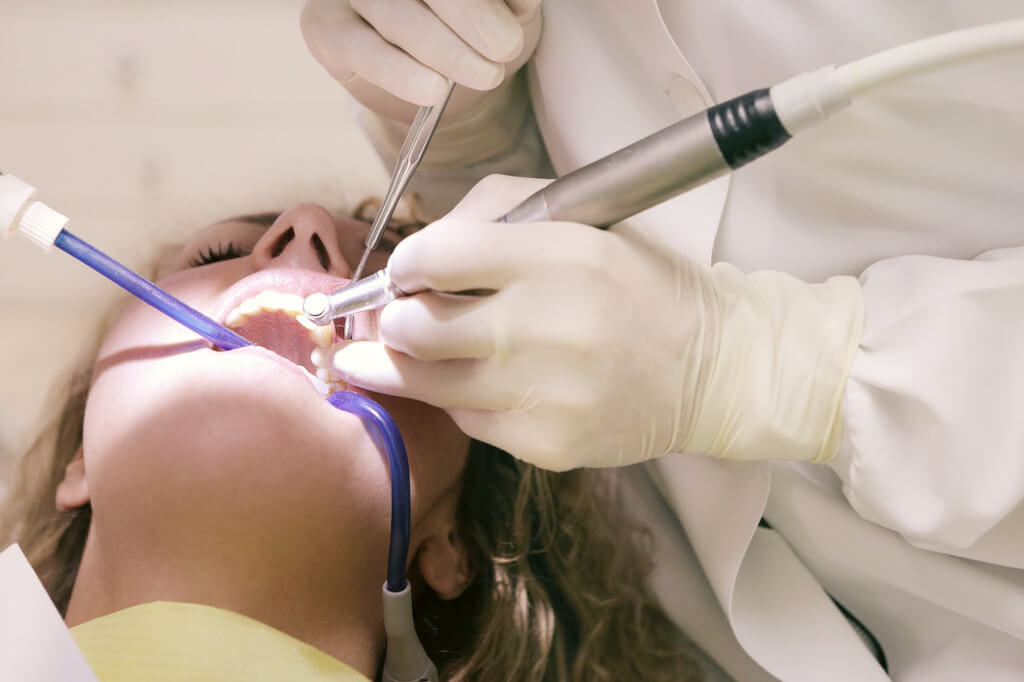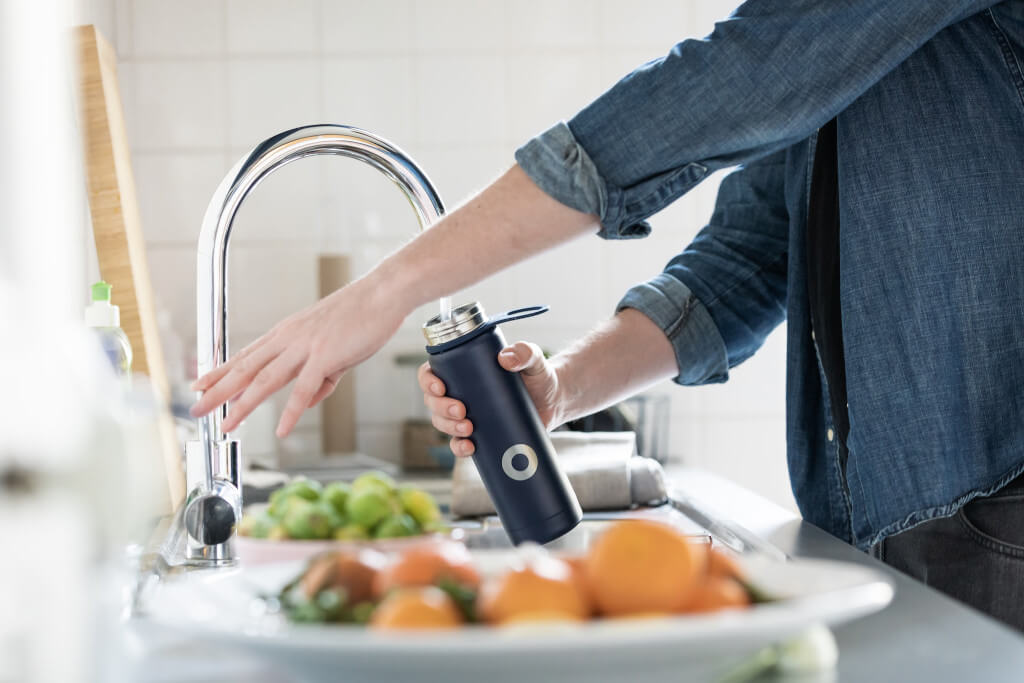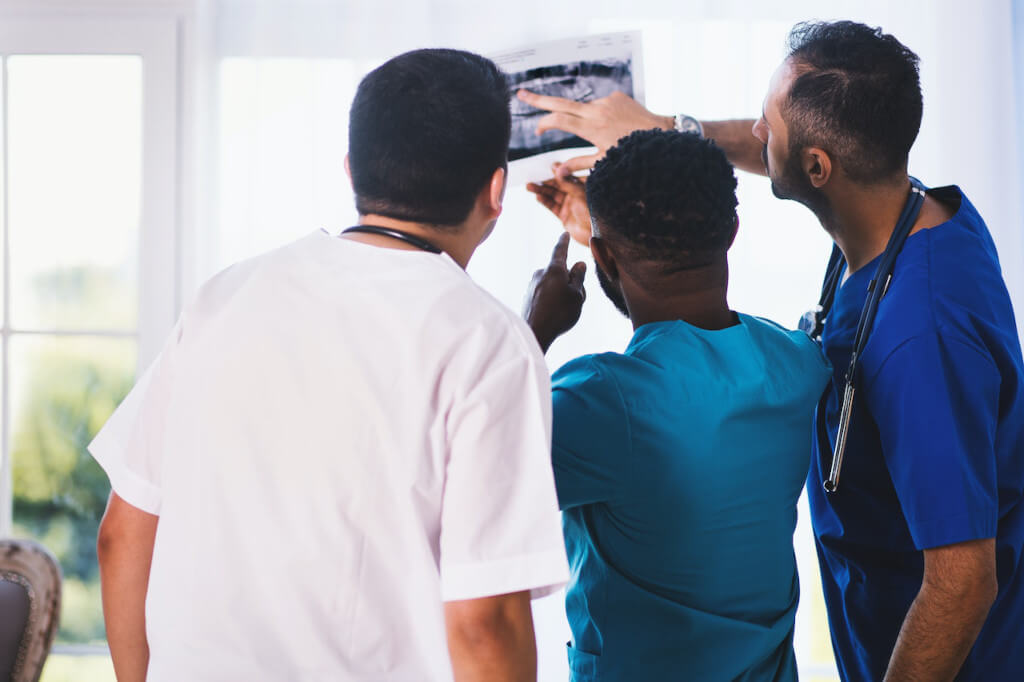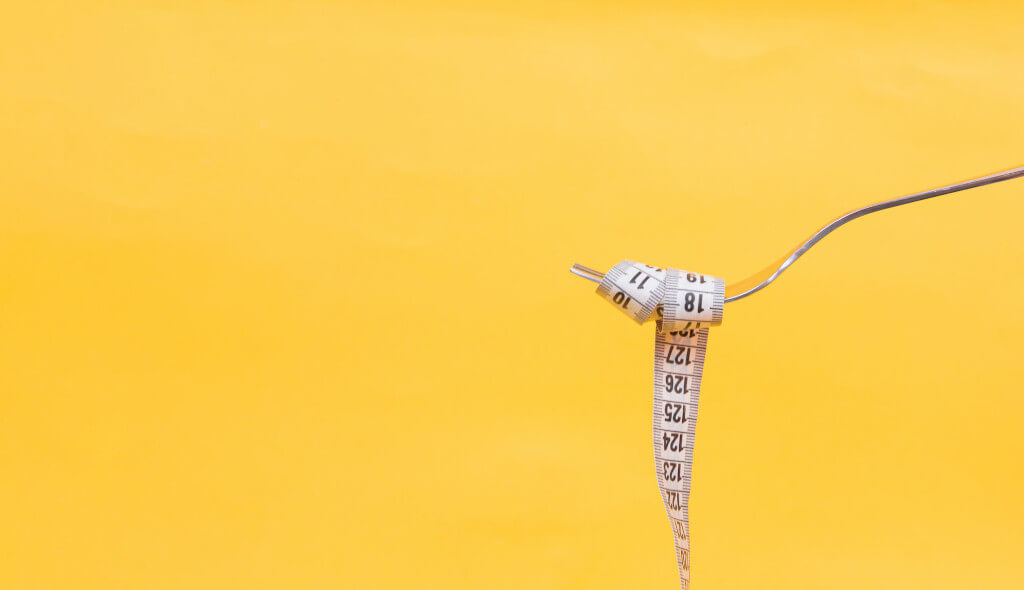You need to find a dentist in South Africa, don’t you? Find a dentist, make appointments, get treatments, find out how much everything will cost, and find out if you can get dental insurance. Because of its stunning coastline, diverse wildlife, welcoming people, and year-round sunshine, South Africa is a favorite place for tourists to spend their vacations. Because of its widespread appeal, a significant number of people from other countries now call it their permanent residence.
Although it may be financially advantageous to live in South Africa, there is a great deal of preparation work to be done before moving there. For example, you need to apply for a visa, look for a new place to live, establish new bank accounts, and enroll your children in new schools. You can’t ignore the importance of medical care. Do you need to purchase private health insurance, or do you have access to public healthcare? The next step is for you to become familiar with the hospital system and locate a primary care physician as well as a dentist.
The Method by Which Patients Receive Medical Care in South Africa
The public and the private sectors work together in tandem to provide healthcare in South Africa, which features a two-tiered system. Everyone in the country has access to the medical services provided by the state. The only thing required of them is to register with the appropriate practitioner. On the other hand, the small private sector that is financed by health insurance contributions is substantially better funded than the larger public sector that is subsidized by the state.
Unfortunately, this results in unequal access to medical care because 71.5% of the population relies on an overburdened public health system that is plagued by inefficiency and a lack of resources. On the other hand, only a minority of people, including a significant number of international residents, can afford health insurance to gain access to private healthcare, which has a higher standard of care and more resources.
Dentistry is practiced in both the public and private sectors of South Africa’s health care system. The Dental Therapy Association of South Africa (SADTA) and the South African Dental Association (SADA) are the two organizations responsible for monitoring and regulating the industry to ensure that it adheres to rigorous medical standards. However, the public system will only pay for routine dental checkups and procedures such as cleanings.
The Available Dental Treatment
There is a significant shortage of dentists in South Africa, particularly within the public health sector, even though the quality of dental care in South Africa is generally good. The Health Professions Council of South Africa had a total of 6,586 dentists and 526 oral specialists registered with them in the year 2021. (HPCSA).
Only one dentist is available for every 9,200 patients in a population that is greater than 60,7 million people. This number is higher than the patient-population ratio that the World Health Organization suggests should be maintained, which is one dentist for every 7,500 people (WHO).
Generally speaking, the private healthcare system provides services that are both more comprehensive and of a higher quality. The high quality of dental care, advanced technology, and significantly lower cost of care in South Africa compared to Europe and the United States have contributed to the country’s popularity as a dental tourism destination, particularly in Cape Town (US).
Government Dental Care
Oral health care is provided by the government as part of South Africa’s primary healthcare system. Anyone in South Africa is eligible to register for and make use of the state’s dental services, just like the rest of the country’s medical services. Because dental care is subsidized by the government, patients only need to contribute a nominal amount toward their treatment. However, this only applies to treatments that are considered necessary, such as dentures. As a consequence of this, residents are still required to pay for extensive dental procedures.
Regrettably, there is a severe lack of dental practitioners and financial resources in South America, resulting in inadequate dental care the state provides. As a direct consequence of this, there are currently no public programs for oral health, and residents are required to seek treatment almost entirely on their initiative.
Dental Care In Private Practices
The vast majority of international patients go to private practices for their oral health care needs because the standard of treatment there is significantly better. In addition, patients have access to a more comprehensive selection of oral care services, such as teeth whitening, veneers, implants, and alignments.
Community dentists, oral surgeons, pathologists, orthodontists, periodontists, and prosthodontists are the six primary sub-specialties that fall under the umbrella of “dental specialists” in South Africa.
Naturally, the price is much higher than that of public dentistry, and the state does not contribute in any way toward covering the cost. Therefore, patients are responsible for paying the full cost of their treatment out of pocket. As a direct consequence of this, a significant number of ex-pats buy dental insurance to cover the cost of their dental care. In most cases, the patient is responsible for paying the bill after their appointment and then submitting a claim to their health insurance company for reimbursement.
Dental Insurance
Even though primary dental care is covered by South Africa’s public health system, you will still need to obtain separate insurance to use the private system. You may need to either add dental care to your existing health insurance policy or purchase additional dental insurance in South Africa because not all health insurance plans include dentistry coverage.
Despite this, a variety of reputable companies include dental coverage in their health insurance plans, including the following:
Globality Health, an affiliate of Allianz Care and Cigna
In most cases, private insurance will pay for one visit to the dentist per year in addition to dental procedures such as fillings and x-rays. A more comprehensive policy will, of course, cover a greater number of visits as well as more involved procedures. Be aware that in some instances you may be required to obtain prior authorization for treatments from your insurance provider. If you require dental crowns, implants, or braces, for instance, you should check with your insurance provider before moving forward with the procedure.
The price you pay for dental insurance in South Africa will be determined by the level of coverage you select. For instance, the monthly cost of the Silver Plan offered by Affinity Dental is R279. It only provides coverage for primary dental care, but the Platinum Plan offered by the company provides full benefits beginning at R579 per month.
In South Africa, it is technically possible for all residents to visit public dentists. You will need to provide the practice with identification and personal information to register with them. However, you should be aware that you may be required to make a co-payment at the end of your visit. This is particularly the case if your treatment goes beyond the scope of primary care.
Finding a Good Dentist Can Be Difficult
It is not difficult to locate a dentist in South Africa; however, it is in your best interest to select a reputable dental office that is located near either your place of employment or your residence. You could also inquire about recommendations from family, friends, or coworkers.
Academy of Aesthetic Dentistry of South Africa
If you have dental insurance, on the other hand, you might be required to select a dentist from the network’s list of associated practitioners.
It is Possible to Find a Dentist in South Africa Who Speaks English
Since English is one of South Africa’s 11 official languages, you won’t have any trouble finding a dentist who can communicate with you in that language. Finding one won’t even be an issue. The vast majority of practitioners, if not absolutely all of them, will also have received their education in English.
What Can You Expect When You Go to the Dentist?
The process of making an appointment with a dentist in South Africa is not overly difficult. You can make an appointment at the dental clinic by calling the office or doing so online. On the other hand, if you use the public health system, you may have to wait a few weeks or even months before you can see a dentist. Seeing a dentist in private practice is a lot more expedient. When you need to access subsidized dental care through the government, you may be required to get a referral from your primary care physician.
When you arrive for your appointment, you are required to check in at the reception desk and fill out some paperwork. You may be asked to present your insurance card when you go to a private dentist, especially if you have dental insurance. The duration of your visit will be determined by the specific treatment(s) that you require. For instance, a routine checkup and cleaning should take approximately half an hour to complete. However, if you require more extensive treatment, such as fillings or root canals, you should plan on spending a significantly longer amount of time in the dentist’s chair.
After your visit, you will need to proceed back to the front desk to finalize the payment for your services. When receiving care through the public system, you might be required to pay a co-pay or the full price of more extensive procedures. When you go to a private clinic, you will probably have to pay the entire bill and then submit it to your insurance company for reimbursement.
The Expense Associated With Receiving Dental Care
The price of a trip to the dentist in South Africa can be extremely unpredictable, just as it is in every other country. Primary dental care is typically provided without charge by the public sector. Nevertheless, residents might be responsible for covering more extensive treatment costs. The specific costs will be determined by the treatments that you have done.
Gain an understanding of the costs associated with living in South Africa.
Dentists who work in the private sector can determine their fees, which may also vary. In South Africa, some examples of the costs of private dental care are listed below:
- Standard health checkup: R300–R500
- Up to R5,500 can be spent on bleaching.
- Starting at R900: root canal procedures
- Cost per visit ranges between R10,000 and R16,000 for deep cleaning, which includes scaling and root planning.
- Dental restorations cost between R500 and R6,500, and X-rays start at R350.
- Extraction of teeth: beginning with R350
- Dental implants: R20,000–R200,000
Low-Cost Dental Care
The vast majority of private and public dental practices in South Africa provide discounts for senior citizens. In addition, dental students are required to provide some after-hours services (while still being supervised) while they are getting their training, which can be a helpful way to obtain dental care at a reduced cost.
The Provision of Dental Care for Children
Children in South Africa have access to dental care through the country’s publicly funded health system. The majority of preventative dental care for children is provided at no cost to the family. On the other hand, you might be required to pay for more involved treatments.
The majority of South Africa’s provinces and municipalities incorporate primary dental care into their school health programs. These programs educate children on how to properly care for their teeth and maintain good oral hygiene. Dental checkups are typically performed by school dentists, and parents are allowed to permit necessary treatments such as fillings. If the child requires extensive procedures, the school dentist will write a letter of referral to the parents so that the child can receive the necessary dental care.
Emergency Dental Care
If you are experiencing a dental emergency, you should get in touch with your dentist right away. Even after regular business hours, the voicemail of your dentist may be able to give you instructions on where to go for treatment in the event of an emergency. Using the online search tool the South African Dental Association (SADA) provides, you can locate a practitioner if your regular dentist is unavailable.
Emergency Dental Care
If you are unable to locate an open dental clinic, you may want to consider going to the emergency room of the nearest hospital instead. Even though they probably won’t be able to fix your dental problems, they should be able to provide you with some temporary relief from the pain and other symptoms until you can get to a dentist.



